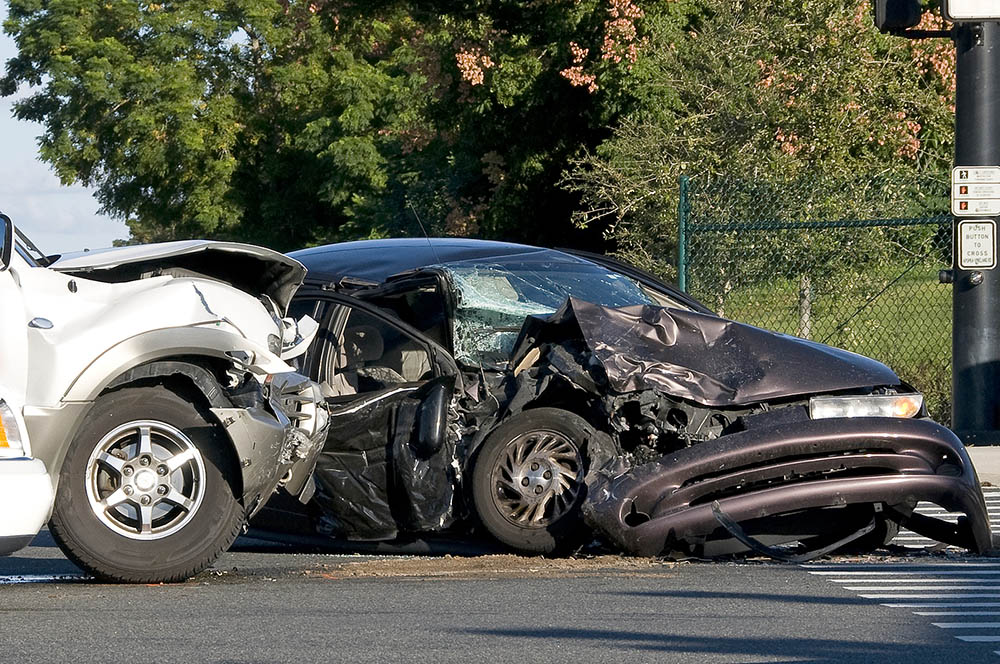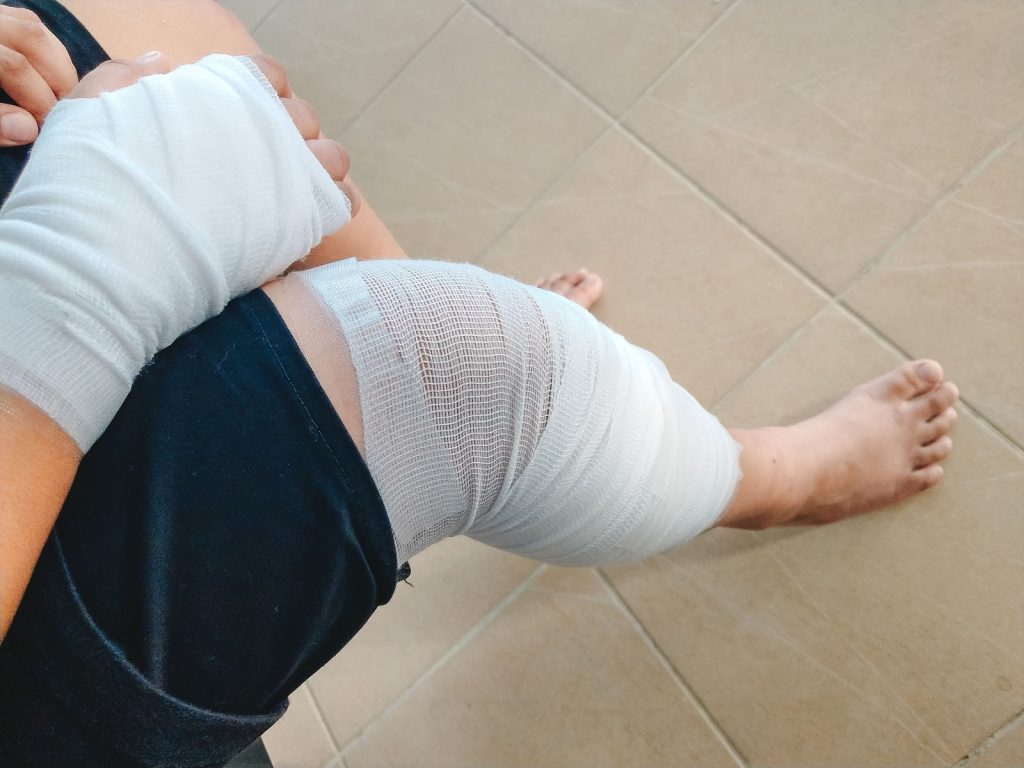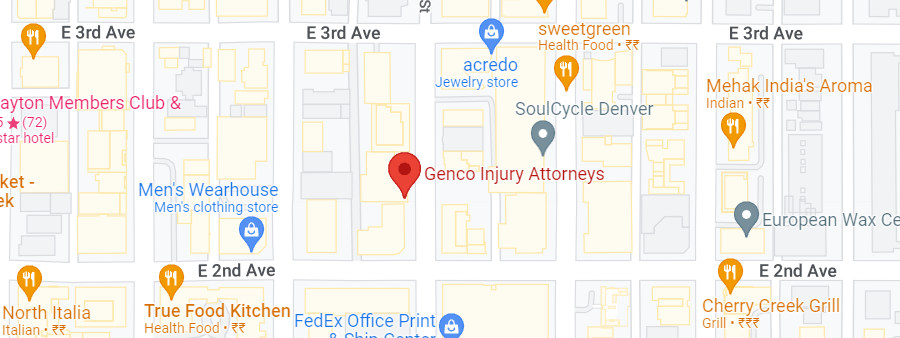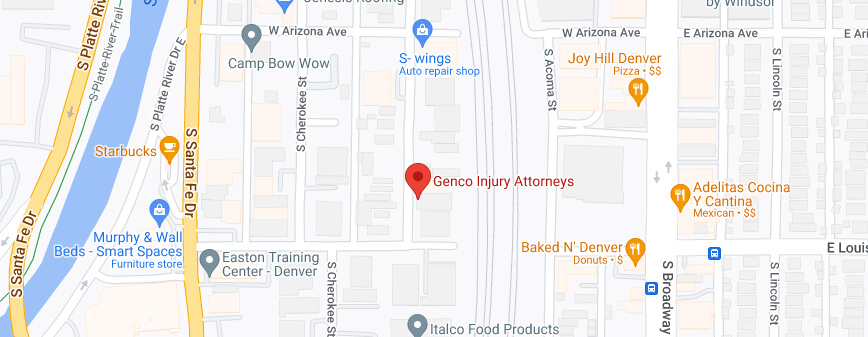In most personal injury claims, there are limits to how long someone has to file for damages. That’s known as the statute of limitations. Once the statute of limitations has passed, it’s unlikely someone could convince a judge to allow a case to move forward. The opposing attorney will likely file to have the case dismissed because the statute of limitations has passed, and the court will usually agree. Knowing what the statute of limitations is and ensuring that any claims or lawsuits are filed before that period passes is essential. Read on for what you need to know.
What Is the Statute of Limitations for Filing Claims for Injuries from a Truck Accident in Colorado?
Most personal injury claims need to be filed within two years of the date of the accident or injury. Claims involving motor vehicles, however, have a three-year statute of limitations in Colorado. As noted above, these claims must be filed before the statute of limitations runs out, as most of the time, they won’t be allowed to proceed otherwise.
Are There Any Exceptions to the Statute of Limitations?
Colorado does offer a few exceptions to the statute of limitations for motor vehicle accidents.
The discovery rule. This rule applies to cases where someone may not realize their injury was caused by the accident until the statute of limitations has passed. Some injuries don’t present symptoms immediately or ever, and the injured person may not realize they were injured until much later. Cases like these can be complicated to pursue, and it’s highly recommended that someone have an experienced truck accident attorney working on them.
Tolling. In some cases, there are circumstances outside of the victim’s control that prevent the case from moving forward, and the courts will agree to “toll” the case until a later time. These include the victim losing mental capacity at least temporarily because of the accident; the defendant (the party charged with being at fault for the accident) going bankrupt; the victim being a minor at the time of the accident (the statute of limitations for minors begins the day they turn 18 rather than the date of the accident itself); or the victim having foreign objects lodged in their bodies.
Two or more legal areas or causes of action. For example, if you were injured in a truck accident, and it appears that the truck caused the accident because its cargo was improperly loaded, you may be able to sue both the trucking and loading companies. Again, working with an experienced truck accident attorney is highly recommended.
What If I’m Partly at Fault in the Accident with the Truck?
It’s not uncommon for both parties to have some fault in an accident. An example would be a truck driver that’s driven longer than legally allowed and becomes fatigued, which affects their reflexes. The truck driver may run a red light and hit a car that’s speeding. Each driver could be assigned part of the blame.
Colorado is a modified comparative negligence state. That means the accident will be investigated to determine how it happened, and the fault will be assigned proportionally. Suppose the truck driver is found to have 70% of the liability and the injured driver has 30%, and the victim is awarded $10,000 in damages. In that case, their overall award will be reduced by the amount of liability they have. They’d receive $7,000. However, if the injured driver filing for claims is found to be more than 50% at fault, they lose all rights to any damages.
These types of cases benefit from solid legal support. The truck driver or trucking company will be highly motivated to direct as much fault as possible onto the victim because if they reach the 51% threshold, the truck driver or trucking company won’t have to pay any damages. Our team of truck accident attorneys understands what tactics they’ll use to discredit the victim, and we’ll work with you to prepare a strong case for receiving damages. We understand how to investigate and build a case that exonerates the victim as much as possible so they receive the compensation they deserve.
What Should I Do if I Was Injured in an Accident with a Truck?
If you’re physically able, call the police and file a report. That can be used as evidence in filing for claims. If there are eyewitnesses, collect their contact info, and see if there are buildings nearby (commercial or residential) that might have security cameras that filmed the accident.
Then, even if you feel fine, you need to see a doctor. There are injuries, including severe or even life-threatening ones, that don’t always show symptoms right away. Left untreated, they can worsen and become more dangerous.
Then call Genco Injury Attorneys at 303-500-1376 for a free case evaluation. Truck accident cases can be complex, and you’ll want the services of our experienced, knowledgeable truck accident attorneys to guide you to the best possible outcomes.
You will likely receive communications from the truck driver or trucking company’s insurance representatives, or lawyers. It’s crucial that you don’t respond. Their goal is either to get you to take the fault for the accident so they don’t have to pay any claims, or they’ll try to convince you to sign a settlement agreement much lower than you could be eligible for. Say nothing, sign nothing, and refer all communications to your attorney.















